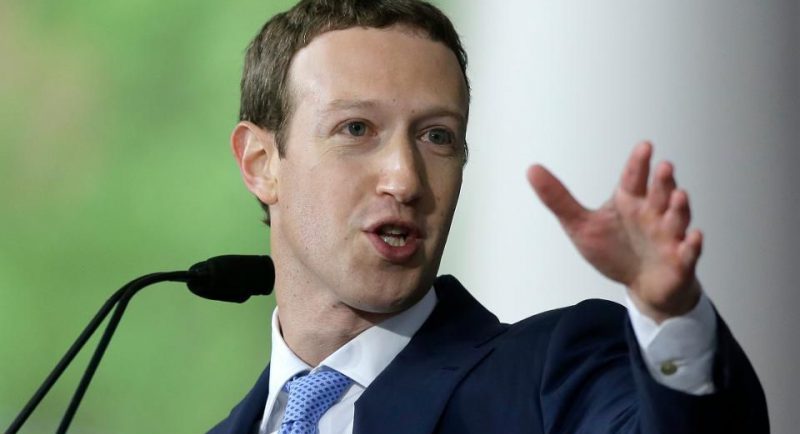Originally published on Forbes
On Wednesday evening, Facebook CEO Mark Zuckerberg released a written statement on his Facebook page, addressing the misuse of the data inside Facebook.
He should have done it on Facebook’s Live video function, as responsibility needs to be seen to be taken.
Zuckerberg is in the fight of his life. His domain of over 2 billion people, the largest country on earth if it were a country, has been infiltrated, exposed, and exploited by bad actors, who have run riot through the crown jewels of Facebook’s core business: the private data of 50 million of its users.
His chief security officer is leaving. His investors are suing. The company is reportedly being investigated by the authorities, and serious questions are being raised about its core values.
Worst of all, the commander in chief himself was absent from the battlefield, hidden from site in back rooms with lieutenants, lawyers and consultants, for five tumultuous days. To be fair, Facebook said its CEO had been working around the clock to wrest back control of his platform, figuring out how to fix the problem, instead of coming out and talking about it.
But these two things are not mutually exclusive.
The hashtag #WheresZuck –where is Mark Zuckerberg– is now a thing, with Zuckerberg’s absence during Facebook’s darkest hour turned into a palpable absence of leadership. He’s even lost Wired Magazine.
“This, from the preeminent tech industry publication: “Zuckerberg’s five-day silent treatment may prove more damning for Facebook than any of the news that precipitated it.”
Tested like never before, Zuckerberg’s leadership and crisis management philosophy –or lack thereof—is THE story. Was he right to stay out of the public eye in times of severe crisis? Was it right to not show up to an all-hands meeting, where concerned employees were looking for a leader to show them a plan? This absence has weighed on Facebook staff, with many questioning why Mr. Zuckerberg hadn’t been publicly discussing the company’s role, The Wall Street Journal reported.
Facebook has long positioned itself within a hacker culture: “We’re only 1% done”, “move fast and break things”. This is not dissimilar to the ethos of elite military units –where speed, disruption, creativity,a flat hierarchy, personal responsibility and grit are essential ingredients.
In his HBR article, Daniel Mcginn refers to Stanley McChrystal, the now retired US Army General known for his command of Joint Special Operations Command, recalling how as a general in Iraq he would go on risky nighttime raids along with his troops. Regularly putting oneself in harm’s way with the rest of the unit brings respect and fosters camaraderie. Being visibly involved in the battle enables a leader to see things from up close, and allows comrades to see the leader up close. If you don’t have skin in the game, says McChrystal, then “you can get descriptions, or watch it from a drone on an HDTV, but you don’t see the faces [of the Iraqis.] You don’t hear things. You don’t smell things”.
Being on the scene also enables troops to question the leader, which is a trait of utmost importance. We’ve seen this over and over again in the Israeli military, most recently in the disclosure that the crucial piece of intelligence regarding the Syrian nuclear reactor came from an intelligence officer who insisted that there was something there that others were missing, and faced persistent resistance.
In times of crisis, leaders should never be just a voice on the radio or even a post on a Facebook wall. The advantages of being present as a leader are countless, whereas the disadvantages of an unapproachable leader can be disastrous.
Good leadership traits in an elite military unit share many similarities with good leadership in a business organization. In both a military and a business context, command consists of three reinforcing components: authority, management, and leadership. All three are manifested mostly in times of crisis, and this is why elite military teams are handpicked, because they are expected to perform well in extreme conditions, specifically in times of crisis. This is what they are made for.
Perhaps the greatest key to getting through a crisis and coming out stronger is effective communication. McKinney’s review of team crisis research shows that during a crisis, the communication interactions of a team changes drastically. For example, during a crisis, more communication moves upward, from subordinates to the leader, than in routine operations. Also during a crisis, implicit communication increases and teams shift from an egalitarian horizontal communication framework to a more classical hierarchical and vertical structure. What makes this click is that these people trust each other enough to get challenge each other, but also get in line when a decision has been made. I talked about this in my previous piece about debriefing like the Israeli Air Force: the idea is to challenge, and obey.





